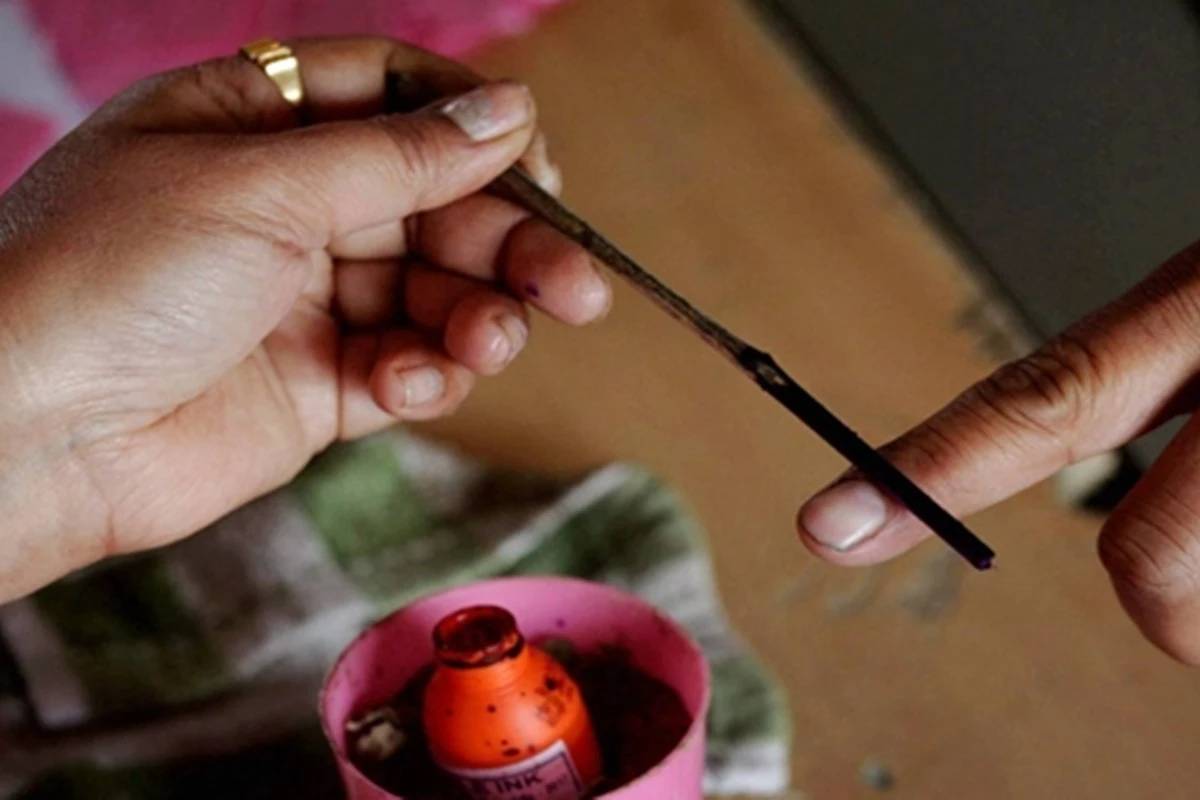Hate speech: BJP leader George seeks time to appear before police
George on Saturday requested the police for an extension until February 24 to appear before them for investigation in connection with the case.
According to the ADR report, the total number of candidates analysed are 8051. And out of this total number of candidates 2117 are from national parties while 537 are from the regional parties, 2051 are from registered unrecognized parties and 3346 candidates are contesting independently

Representational Image
Association of Democratic Reforms (ADR) has analysed the affidavit of 8051 out 8054 candidates who are in the fray for the assembly elections in the five states.
Voting was carried out in five states — Mizoram, Chhattisgarh, Madhya Pradesh, Rajasthan and Telangana recently. The ADR under the national election watch programme analysed the affidavit of the candidates who fought elections. The affidavits are available on the website of Election Commission of India(ECI).
Advertisement
It may be recalled that the Supreme Court in its directions dated 13th February, 2020 had specifically instructed political parties to give reasons for selection of candidates with criminal background and why other individuals without criminal antecedents could not be selected as candidates.
Advertisement
As per these mandatory guidelines, the reasons for such selections have to be with reference to qualifications, achievements and merit of the candidate concerned and not only based on the winning ability factor. In the ongoing elections, the political parties gave reasons like popularity of the person, good social work, and that the criminal cases were politically motivated.
Talking about the non-adherence to guidelines in the selection of the candidates and relevance of these studies, the ADR representative Pankti Jog said “We share details of the candidates with criminal background with voters. Young voters do think about this issue and they are concerned. They are bothered that there are more criminals in politics. The young voters also observed that the political parties gave unfounded and baseless reasons that were not sound and cogent reasons for fielding candidates with tainted backgrounds. The voters were also of the opinion that this data clearly showed that political parties had no interest in reforming the electoral system.”
According to the ADR report, the total number of candidates analysed were 8051. And out of this total number of candidates, 2117 were from national parties while 537 were from the regional parties, 2051 were from registered unrecognized parties and 3346 candidates were contesting independently.
The national parties fielded 2117 candidates. All 2117 candidates were analysed. Candidates with declared criminal cases were 636. This was 31 percent of candidates with declared criminal cases. Candidates with declared serious criminal cases were 404 in number who were fighting elections on the tickets of national parties. This was 19 percent of the total candidates.
Speaking to The Statesman, Rajeev Khanna, a veteran journalist who keeps a watch on the elections said, “It is high time the recommendations coming from time to time to clean the political system are put into practice. When we claim to be the world’s biggest democracy we have to emerge as a model for new democracies. There is no dearth of good people in every party. They should be brought forward and fielded as electoral candidates”.
The candidates fighting election in these five states representing state parties were 537. All 537 candidates were analysed. Candidates with declared criminal cases in the states were 134. Candidates with declared serious criminal cases were 100. This was 29 percent and 19 percent respectively. Candidates representing unrecognized political parties were 2053. Out of which 2051 number of candidates were analysed. Total Independent candidates were 3347. And all of them were analysed. Among the unrecognized political parties the candidates with declared criminal cases were 252. This made them 12 percent of the total number of candidates. And candidates with serious criminal cases were 184 which is 9 percent of total in the fray. And 390 Independent candidates were in the category of declared criminal cases against them. This was 12 percent of the total number of candidates. Exactly 271 Independent candidates were declared serious criminal cases. This was about 9 percent of the total candidates in the fray.
Advertisement